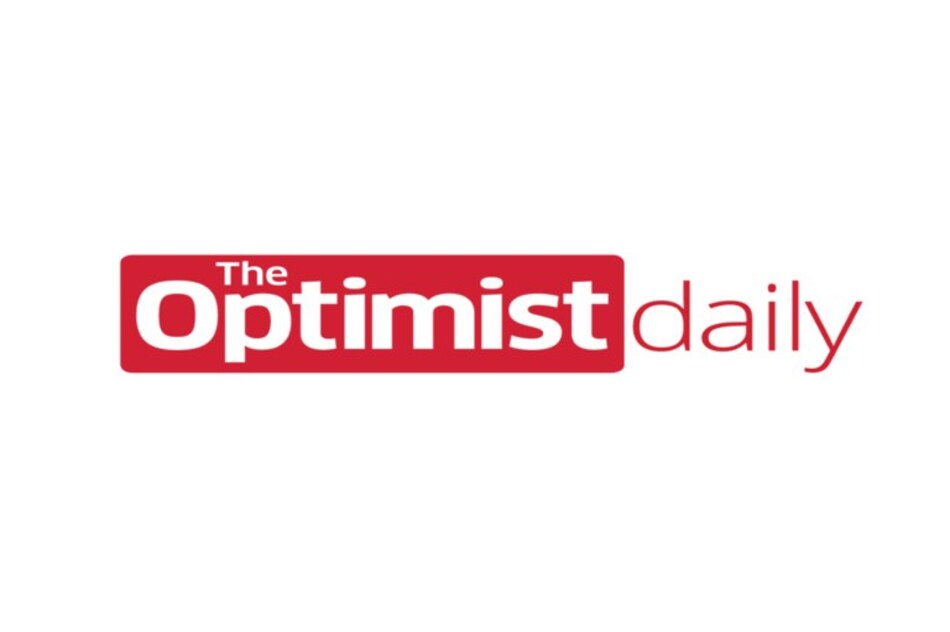Coronavirus may have stopped museums from opening the door to the public, but that hasn’t stopped museums from stepping up for the community and joining in the fight against coronavirus. Medical supplies such as gloves and masks are in urgent need, and it so happens that many galleries have these critical supplies laying around in their reserves for installing artwork, a process sometimes covered in dust and debris.
The Museum of Modern Art has donated 300 N-95 masks and some 3,000 nitrile gloves often used in medical settings to hospitals in New York City that were strapped for equipment. The Dallas Museum of Art, the Pacific Science Center in Seattle, the Tennessee State Museum, and dozens more have donated similar protective gear.
The Franklin Institute, a science museum in Philadelphia, is using 3-D printers to make additional face shields. It’s a moment of reckoning for museums, which are quickly realizing that their operations might not return to normal after the pandemic subsides. Coming to the aid of their neighbors — whether it’s during the current coronavirus crisis or a future climate disaster — is, in fact, central to museums’ missions. The American Alliance of Museums Code of Ethics, after all, states that “public service is paramount.”
Some museums are repurposing their land and facilities to help their surrounding towns deal with the pandemic. Colonial Williamsburg in Virginia is offering buildings as emergency care facilities for the city and public health officials.
Old Salem Museums & Gardens in North Carolina is transforming all of its gardens into World War II-style “victory gardens” to provide fresh produce for local food banks. And the Baltimore Museum of Industry in Maryland has turned its empty parking lot into a coronavirus testing center with the local nonprofit MedStar Health. Their responses serve as a template for how museums can come to neighbors’ aid in times of need.











